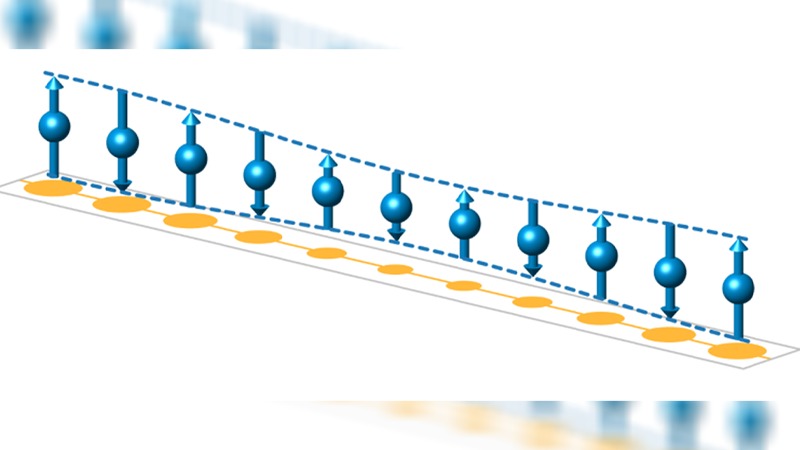A new magnetic state of matter has been discovered by the Brookhaven National Laboratory. The discovery, called ‘antiferromagnetic excitonic insulator’ had been predicted decades ago.
According to Mark Dean, a physicist at Brookhaven Lab and senior author of the research paper, the new type form of magnets has a promising future as magnetic materials play an essential part in technology.
Scientists said that electrons in the new material have a strong magnetic attraction. This attraction causes the electrons to spin or move in an ‘up-down’ or ‘antiferromagnetic’ style. The possibility for such materials was predicted in the 1960s during the examination of insulators, metals, conductors and semiconductors.
Former Brookhaven physicist Daniel Mazzone explained that during the ’60s era, experiments were conducted by applying quantum mechanics to electronic properties. He added that through these experiments, the ‘energy gap’ was decreased between conductor and insulator which would predictably result in an ‘antiferromagnetic state.’
The discovery has been claimed to be an important milestone as such material will have zero magnetism overall due to the ‘up-down’ movement of electrons. These types of materials provide an opportunity to switch their state quickly. More importantly, external magnetic forces can not interfere in antiferromagnetic material, and no information will be lost. The new state can shape the future of communication.
